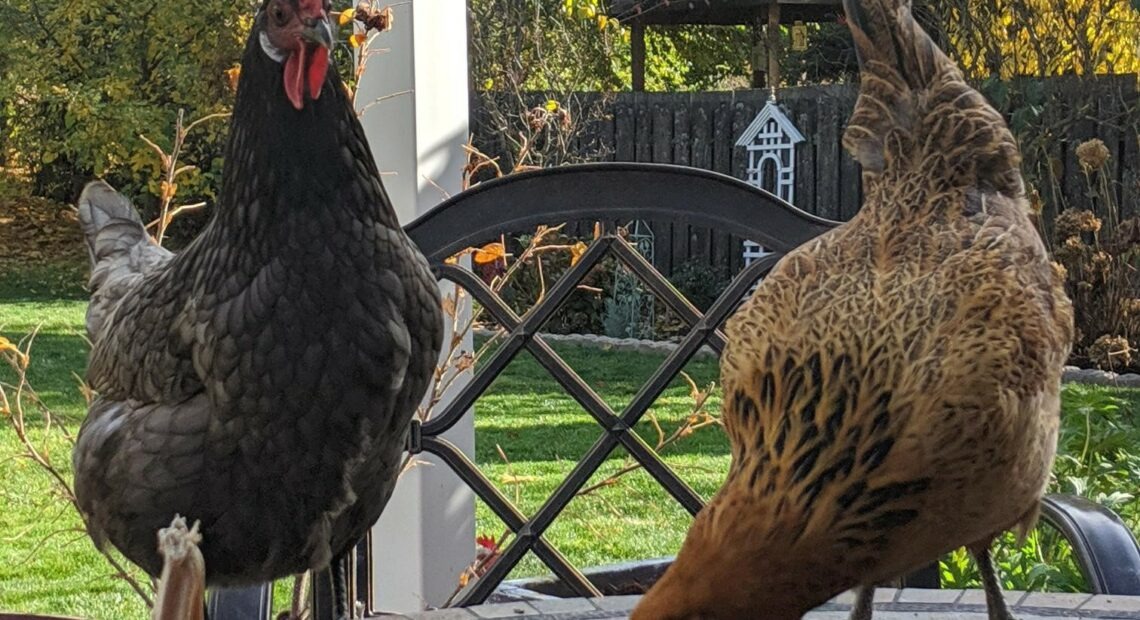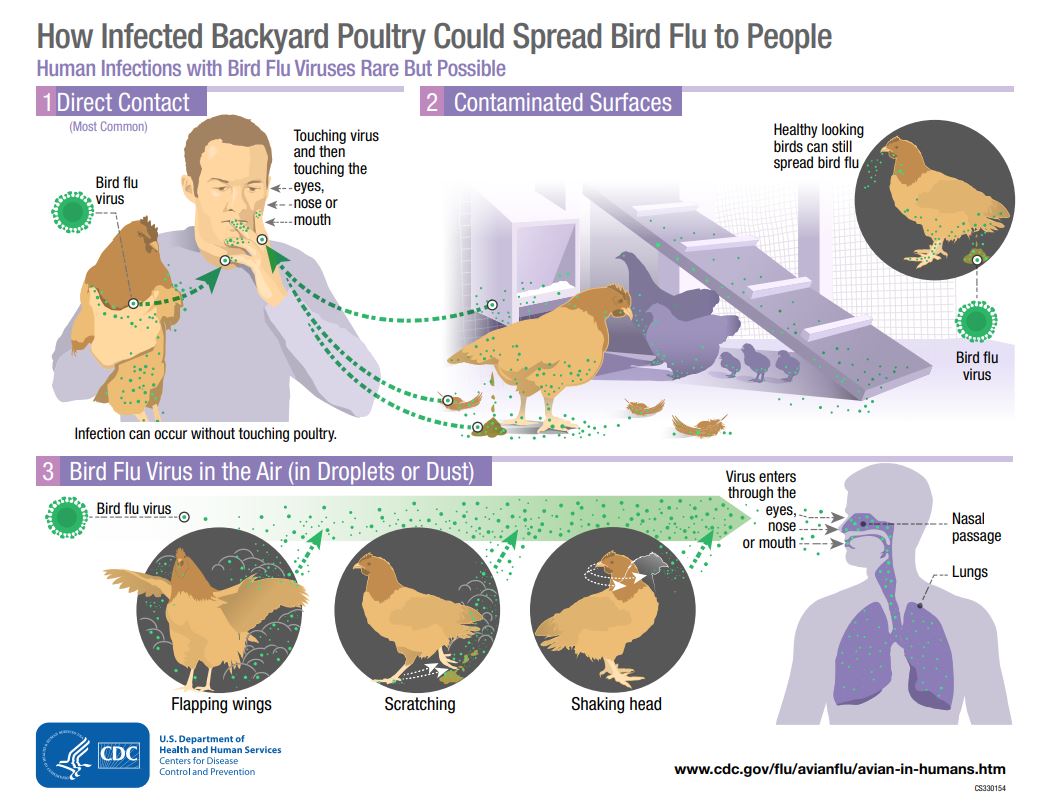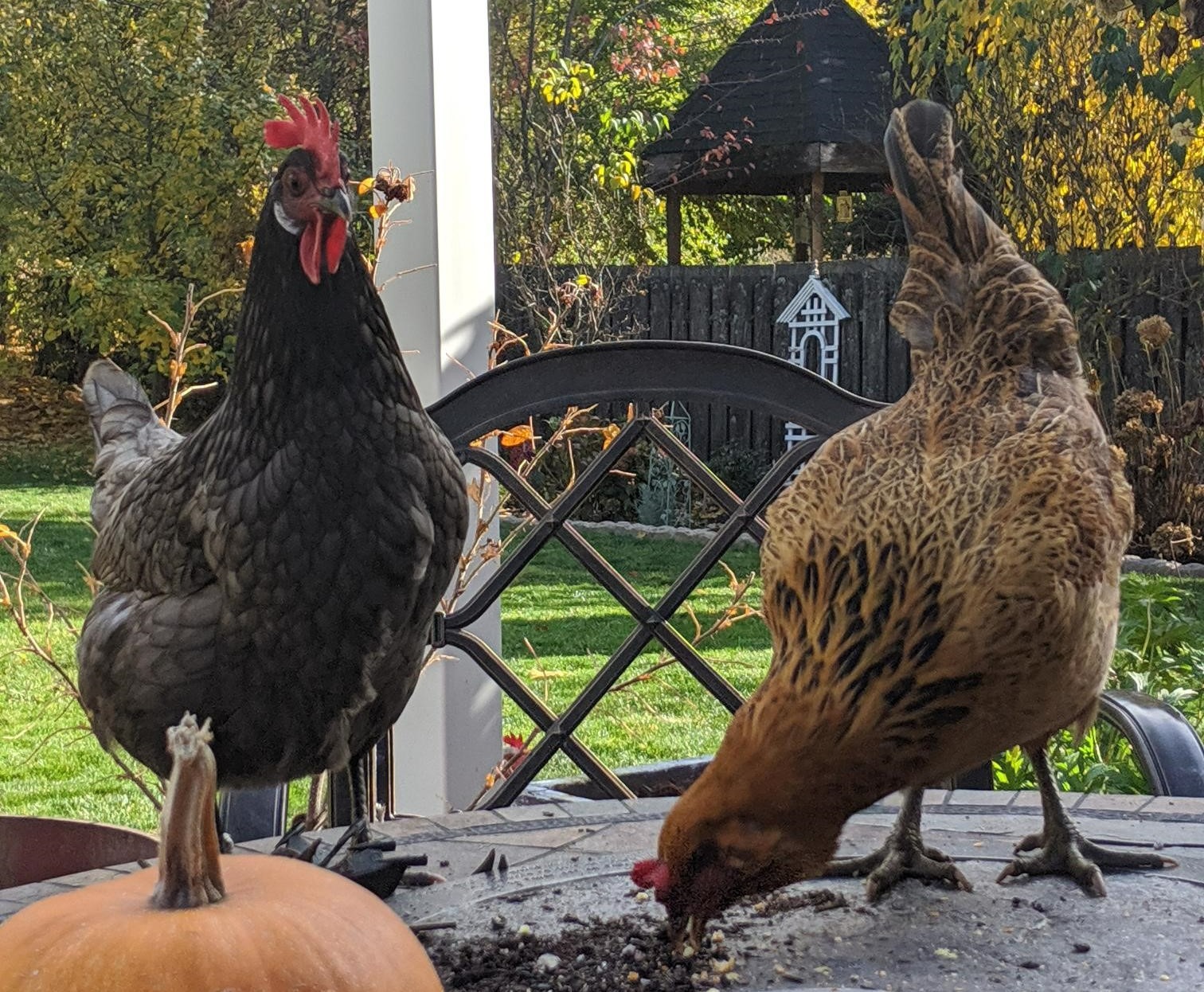
Health and ag leaders remind people to protect themselves from avian flu
watch
Listen
(Runtime 1:28)
Read
Cases of avian flu among agricultural workers are raising concerns in the Northwest.
The Washington State Department of Health has reported more than a dozen cases of avian flu among workers in recent months.
According to the state DOH website, 11 cases were confirmed. Three other probable cases of avian flu connected to poultry exposure were reported as of Nov. 6.
“This is the first recorded case of human transmission. Not between humans, but bird-to-human transmission,” said Roberto Bonaccorso, a DOH spokesperson, referring to cases in Washington.
Bonaccorso said most reported cases had only mild symptoms, such as conjunctivitis, red eye and upper respiratory issues.
He said nobody required hospitalization and were treated with antiviral medication.
“What we’re dealing with right now is that birds are always circulating different flu viruses, just like humans circulate their own flu viruses. That doesn’t mean we share them,” said Dr. Amber Itle, the Washington state veterinarian.
Itle said these transmissions can happen during the migration period for birds.
“The one we have right now that we’ve been dealing with for the last two and a half years, it is this wild bird strain that’s called highly pathogenic avian influenza,” she said.
While most flu viruses are species specific, Itle said, sometimes they can spill over and affect different species.

A graphic details how avian influenza could be spread to people. (Credit: Washington Department of Health website)
Itle said the confirmed cases in Washington are linked to people who cleaned up areas where sick birds were.
“The people who are becoming infected are people who are maybe not wearing their PPE correctly, and are having a lot of virus exposure for hours and hours a day,” she said.
Bonaccorso said avian flu can be very serious, and workers should protect themselves.
“Anybody that is working with commercial birds right now, whether it’s chickens or geese or any other house bird, including people in backyard flocks, should monitor for symptoms,” he said. “The best equipment is always to use personal protective equipment, like a tight-fitting N95 mask.”
Bonaccorso added that using gear like rubber or plastic gloves, aprons and boots is also beneficial.
Both backyard and commercial birds could be exposed to avian flu, and wild waterfowl are the biggest risk factors, Itle said.
“The wild waterfowl, particularly dabbling ducks, can carry this virus and never get sick. They look clinically healthy. And that’s how the virus gets spread,” Itle explained.
She said if people have free-range chickens or other domestic birds, those can pick up the virus when they share a pond or water source with wild waterfowl.
Health and agriculture leaders say taking biosecurity measures is essential to mitigate the risk of spreading the virus.
Having different footwear and clothing for different areas, as well as cleaning and disinfecting shoes when workers move from farm to farm or to their homes, are crucial steps to prevent transmission.
People can report sick and dead domestic birds to the Washington State Department of Agriculture online or by calling their avian health program at 1-800-606-3056. They can also report sick or dead wild birds to the state Department of Fish and Wildlife.
Both agencies have information and educational materials on avian influenza on their websites.
















